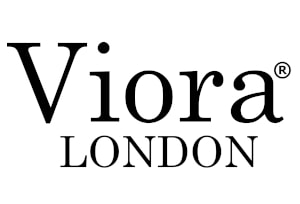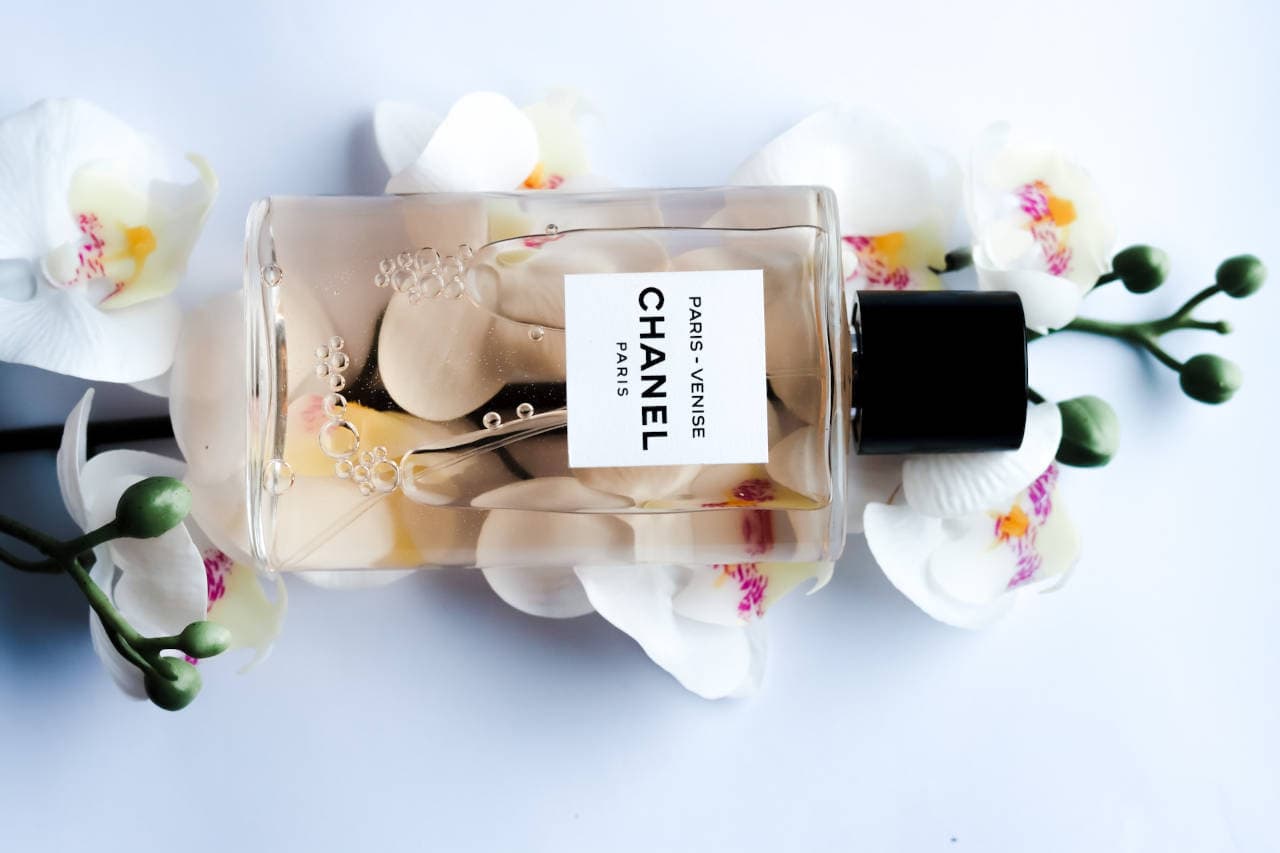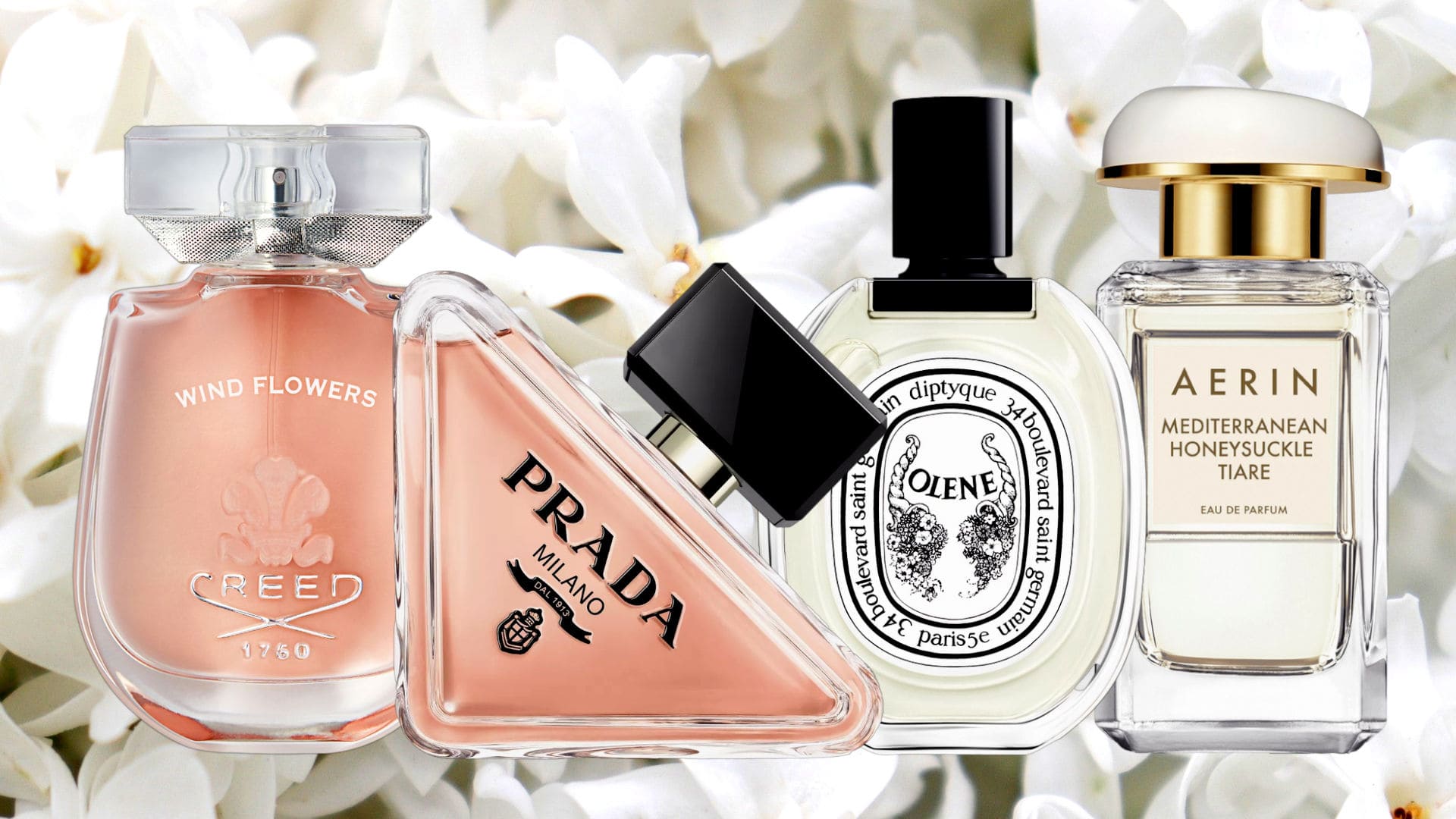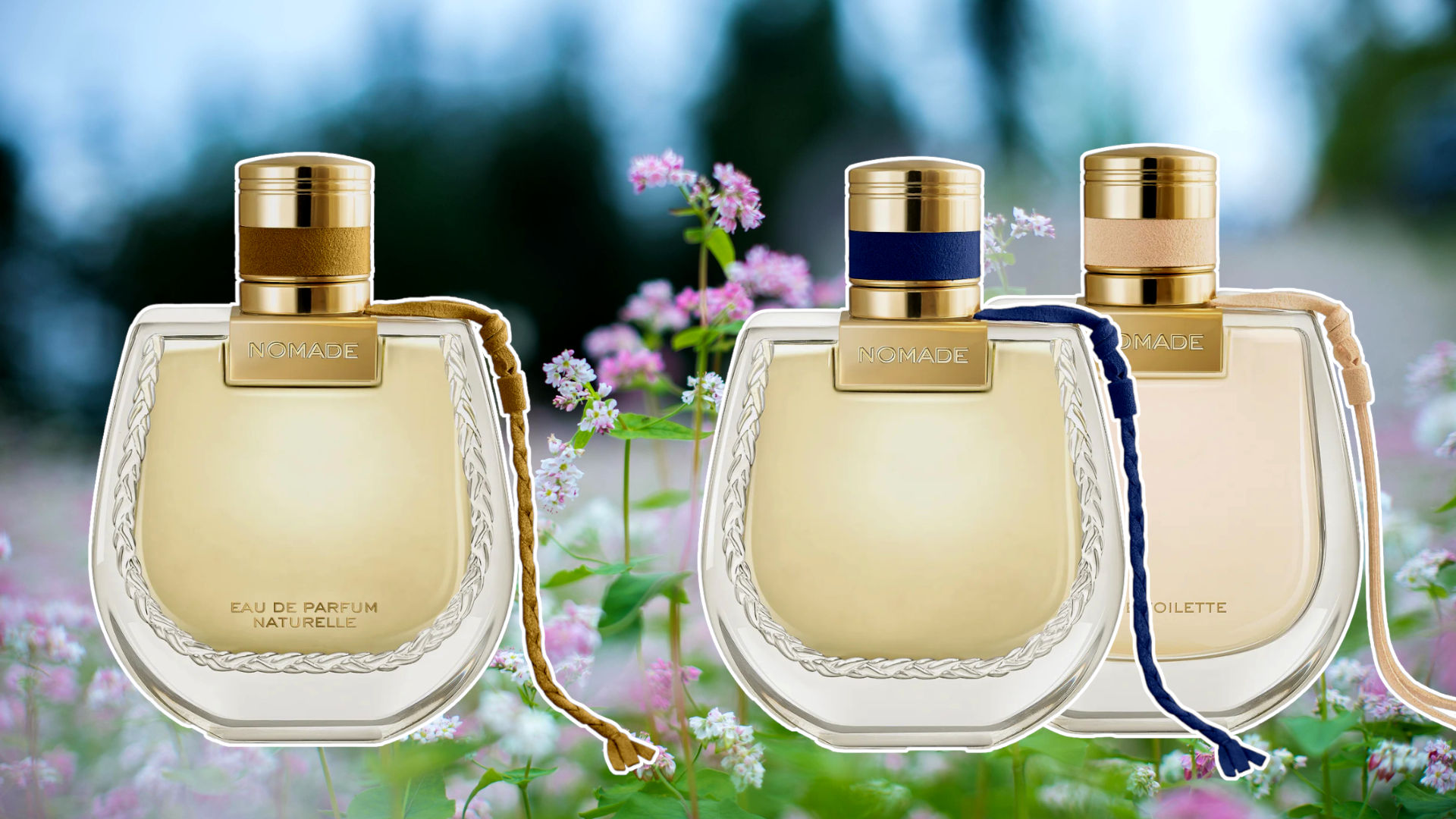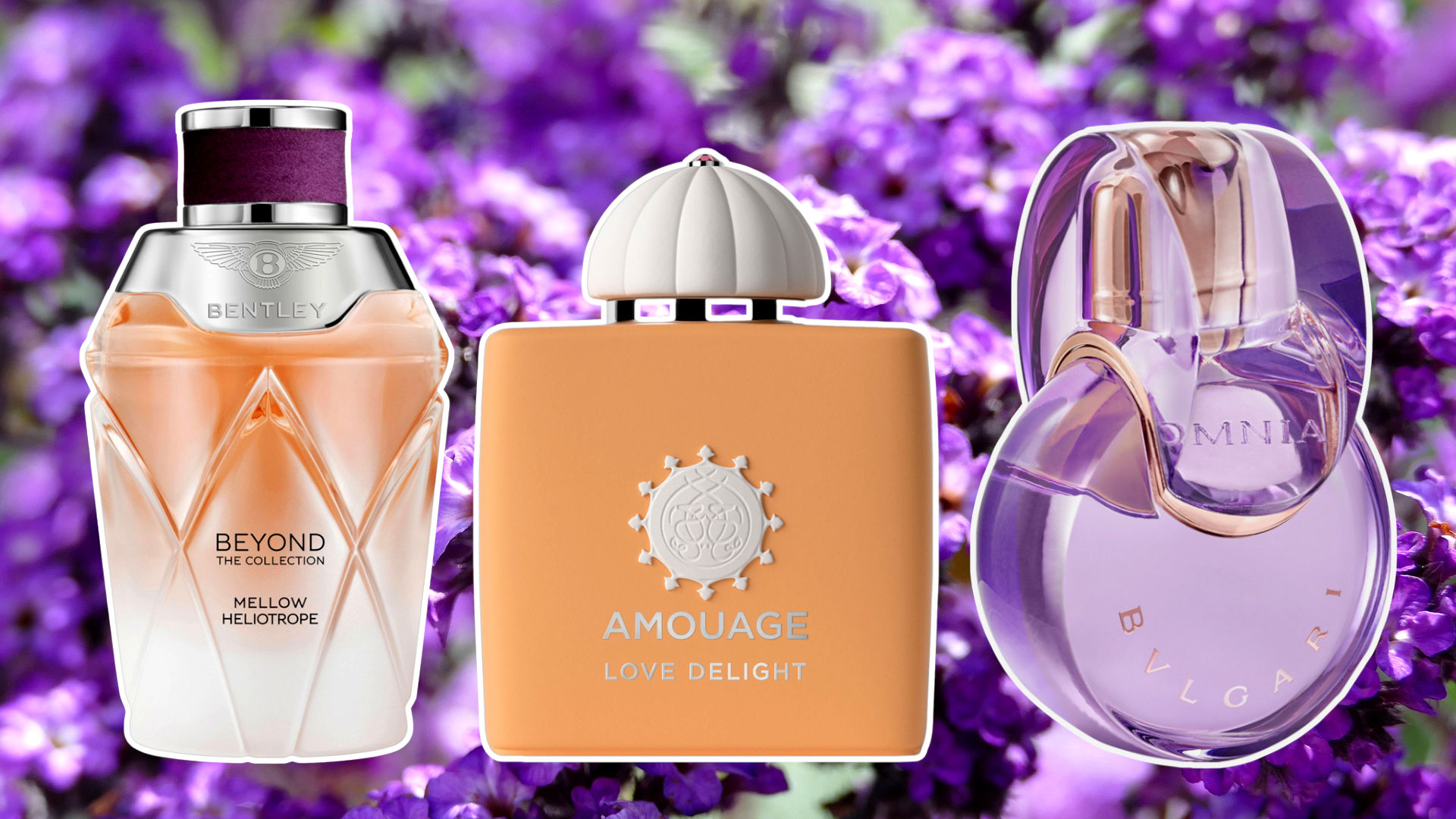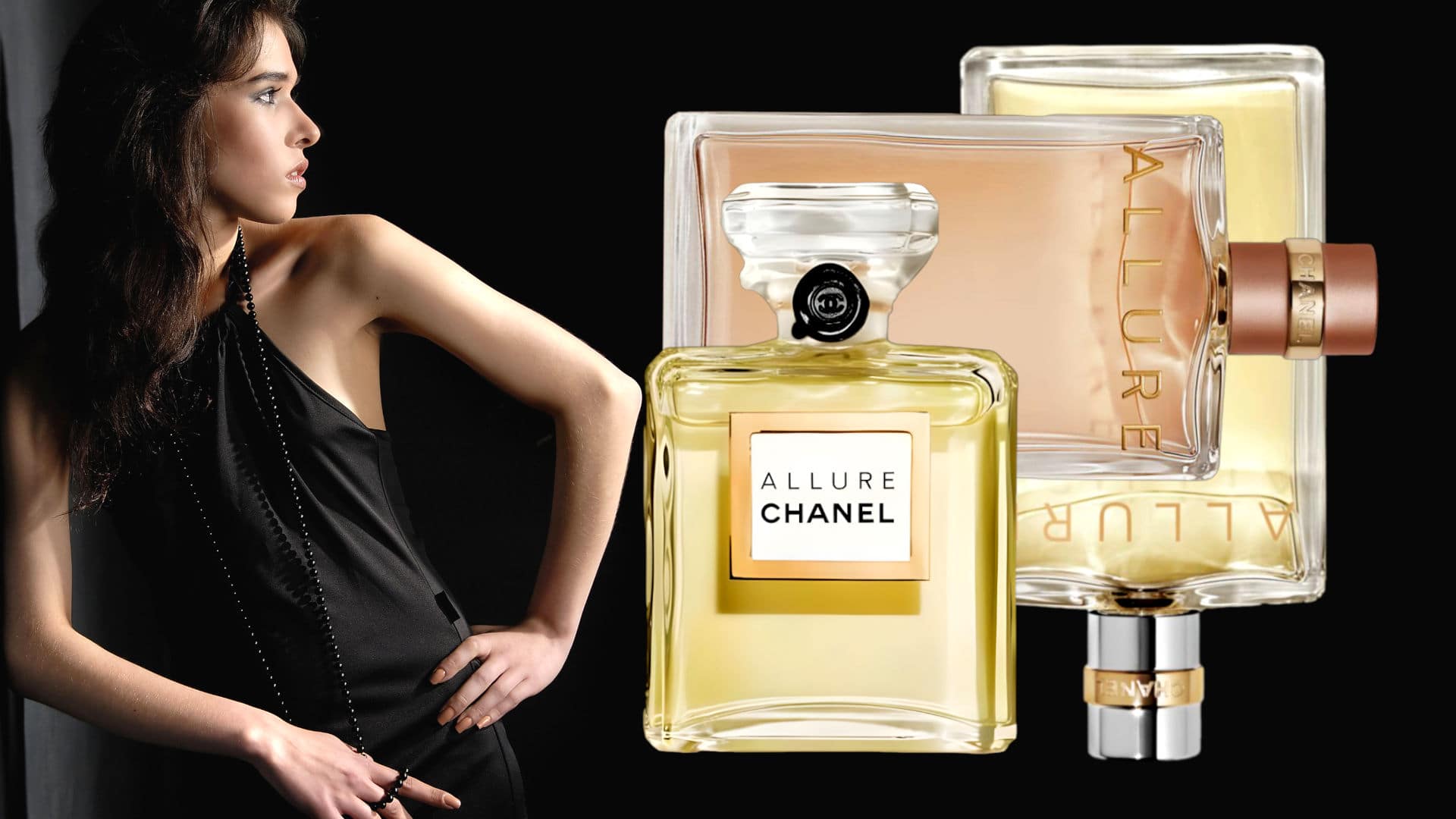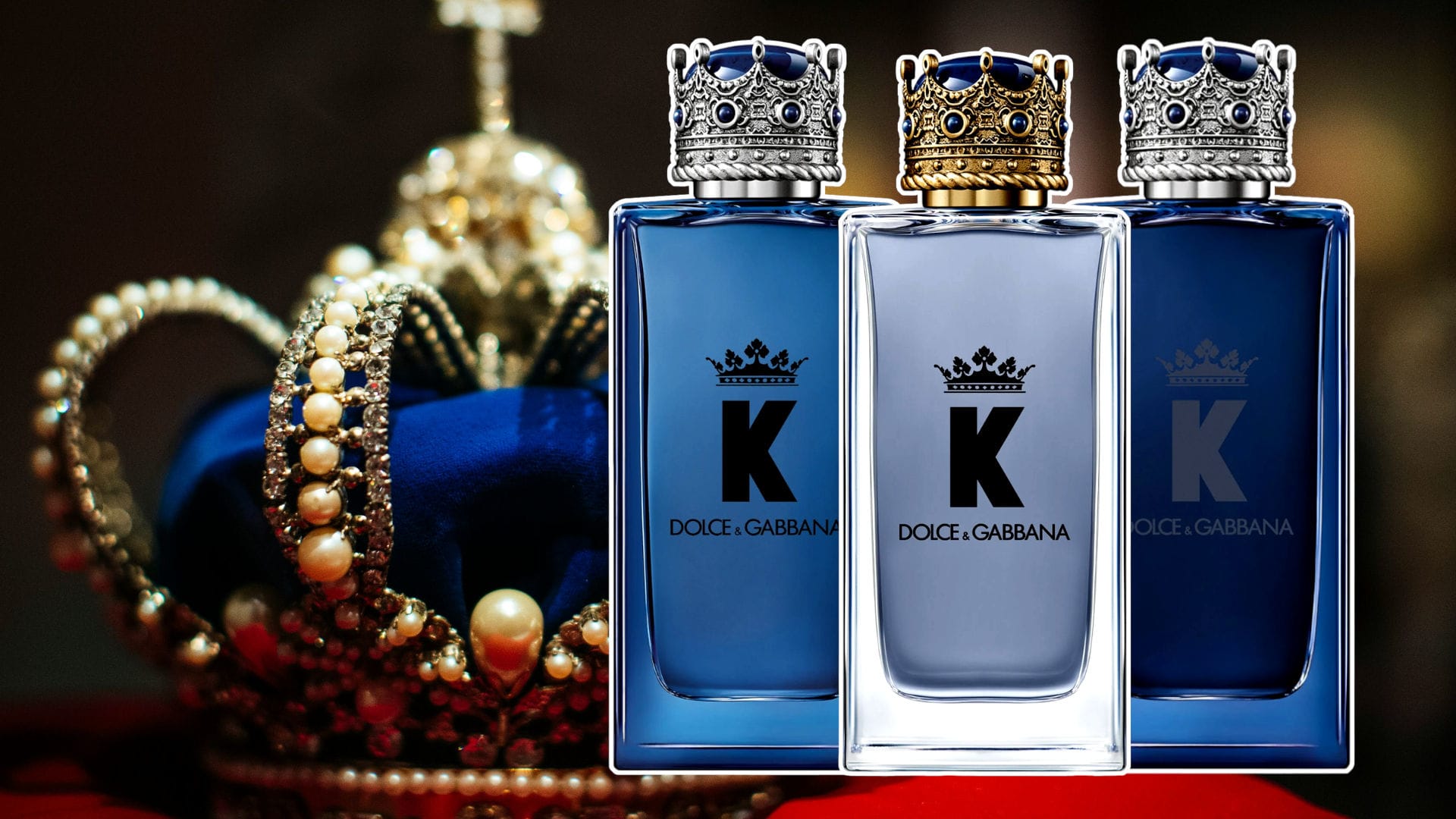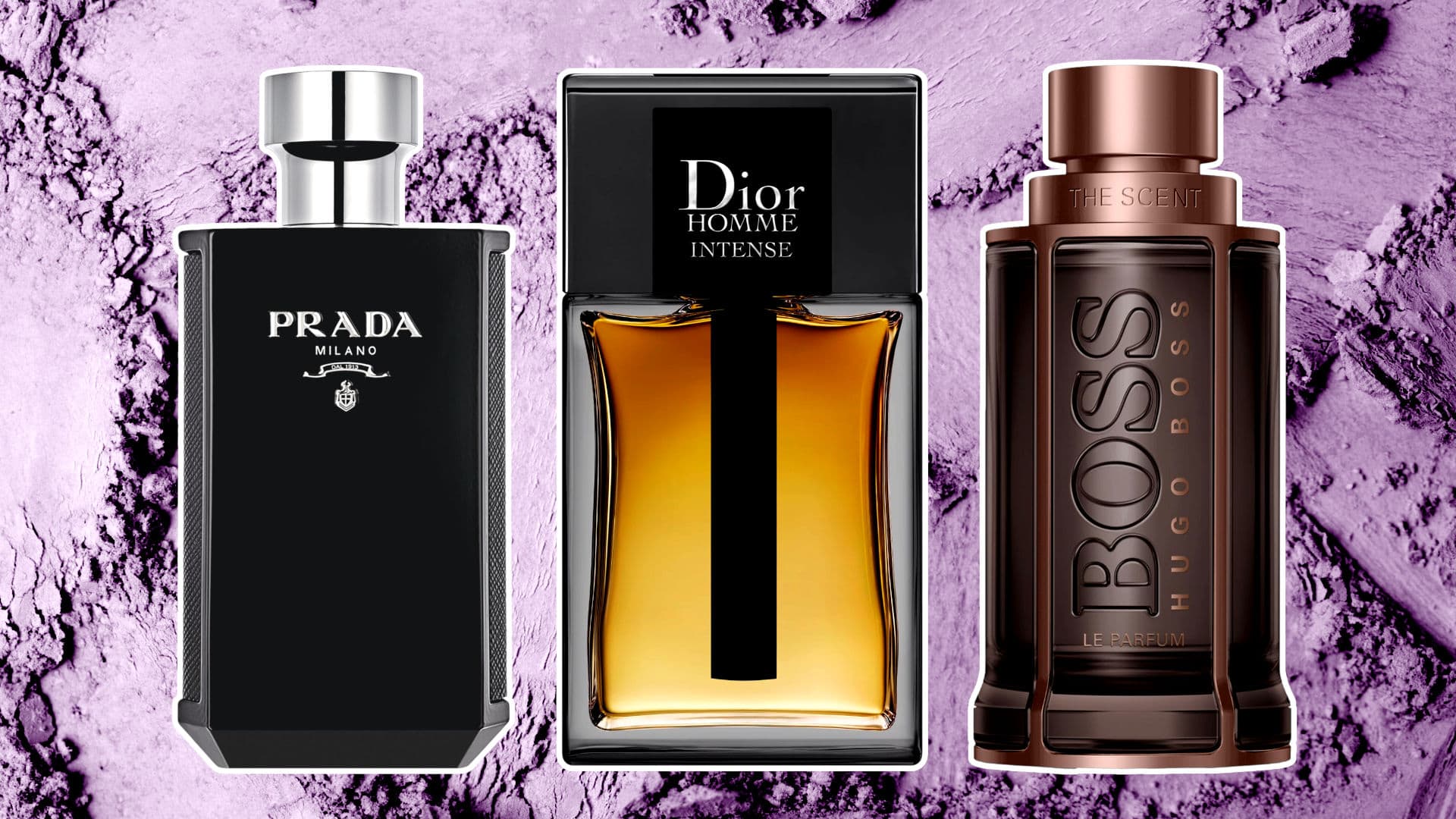Fragrance, that most ephemeral yet evocative of senses, takes us on a journey through time and space, weaving tales of cultures and histories as rich and varied as the scents themselves.
It’s an invisible olfactory world where the ancient blends with the modern, where traditional perfume notes dance with innovation.
Let‘s take a stroll through our fragrant landscape, uncovering the stories behind the scents that have captivated our senses for centuries.

Fragrance Roots In Ancient Civilisations
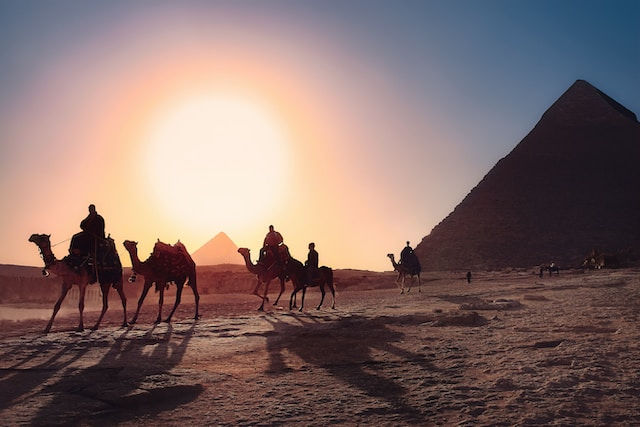
Ancient Egypt, specifically the banks of the Nile, was a place where perfume was more than just a scent – it was a bridge to the divine. A world where aroma was intertwined with mysticism and daily life.
With their scented oils and balms, the Egyptians weren’t just trying to smell good; they were reaching out to their gods and preparing their loved ones for the journey to the afterlife.
Not far away, in the cradles of civilisations like Mesopotamia and Persia, perfume was a craft of the highest order, linked to status and personal identity.
Think of the earliest perfumers blending their concoctions from the bounties of their land – a practice as artistic as it was scientific.
The Silk Road: The Great Scent Exchange
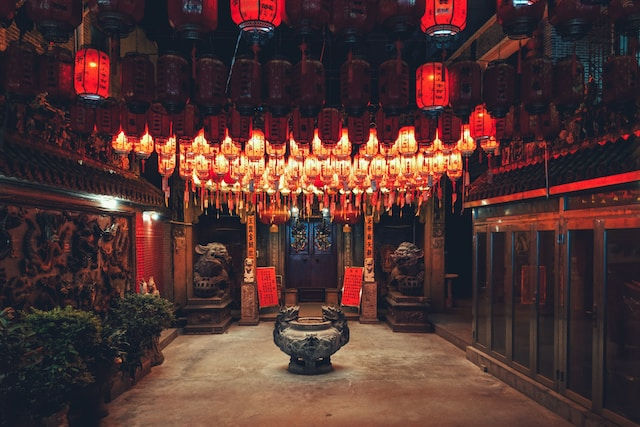
The bustling Silk Road wasn’t just a route for silks and spices; it was a highway for scents, where the rich aromas of musk, amber, and exotic spices journeyed from one world to another.
This was globalisation in its most fragrant form, blending East and West that would shape the olfactory landscapes of entire cultures.
The European Chapter: A Revolution in Scents
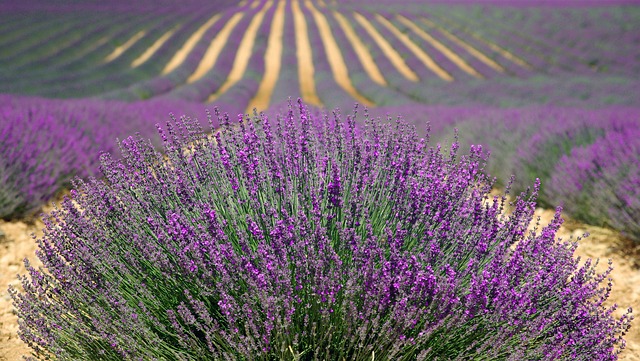
Fast forward to Europe, a place nearer to my own ancestors, where the art of perfumery was undergoing its own renaissance.
The discovery of alcohol-based perfumes and the process of distillation – think of it as a kind of alchemy – brought about a revolution in the world of scents, with several fragrance families being born.
It was a shift from the heavy oil-based perfumes to something lighter, more ethereal. France, with its fields of lavender, roses, and jasmine, became a kind of epicentre for this new, delicate art form.
Middle Eastern Mastery
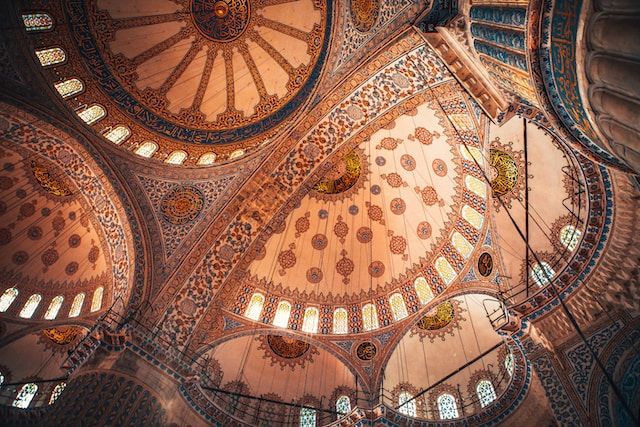
How could I possibly miss out on the Middle East with its sumptuous and opulent fragrances? This is where the heavy hitter of the perfume world – oud – reigns supreme.
It’s a tradition that’s all about richness and depth, a far cry from the understated elegance of its European counterparts.
The Middle Eastern approach to fragrance is not just about smelling good; it’s about making a statement, too.
The Modern Melting Pot
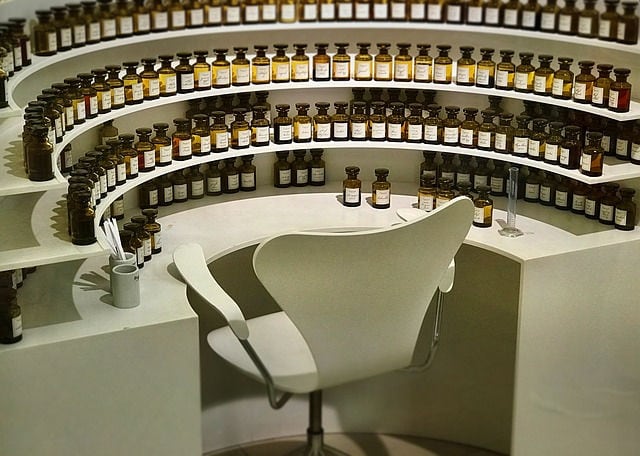
Today’s perfume industry is like a tremendous global melting pot, simmering with the influences of all these rich traditions.
Niche perfumery, in particular, has taken this to heart, turning fragrance into a form of storytelling that spans continents and eras.
Cultural Preferences: A World of Scents

Our preferences in perfume are as much about culture as they are about individual taste.
In the West, there’s a leaning towards the light and breezy – think citrus and florals that speak of understatement and refinement.
Contrast this with the love for the bold and the beautiful in the Middle East and Asia, where a perfume announces your presence and leaves a lasting impression.
As a fragrance writer, collector, and reviewer, I find myself influenced by numerous cultures and feel fragrance, as an olfactory expression, is all the better for this diversity.
Perfume Sustainability & Heritage
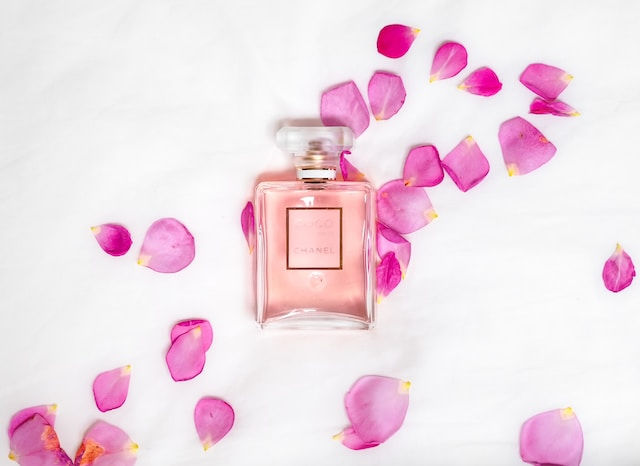
In an age where sustainability is key, the perfume industry and famous perfume houses are looking back to its roots.
There’s a growing emphasis on preserving traditional methods, respecting the stories behind the scents, and ensuring that the beauty of fragrance doesn’t come at the expense of the planet or its people.

Conclusion
The story of perfume is a tale as old as civilisation itself. It’s a narrative steeped in culture, history, and human ingenuity. It’s about connection – to our past, to each other, and to the wider world.
Also Read: Fragrance Collecting As A Hobby: A Beginners Guide For Guys
As we move forward, this story continues to unfold in new and exciting ways, with each scent telling its own unique tale.
In the world of fragrance, every bottle holds not just a perfume, but a piece of history, a slice of culture, and a spark of human creativity.
Also Read: A World History Of Perfume Timeline
References

Further Reading
Below are some additional articles from Viora London’s blog. We write articles on a number of interesting lifestyle topics such as fragrance, beauty, luxury accessories and more.
